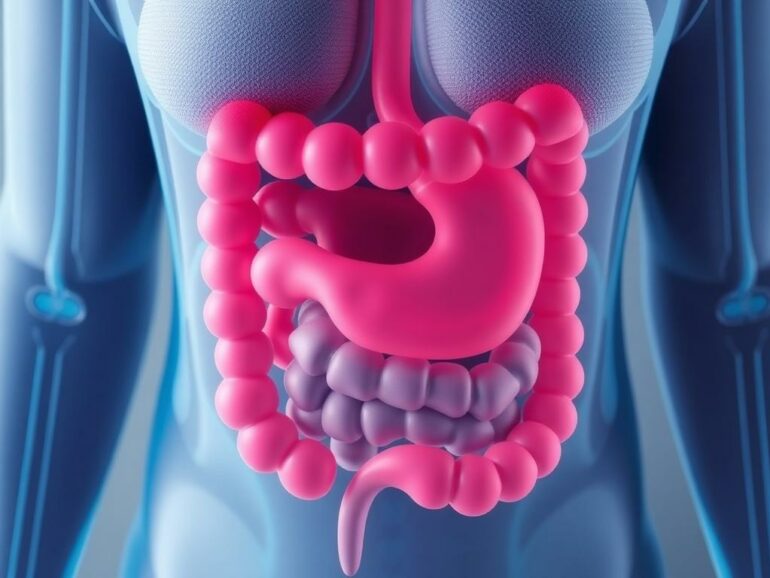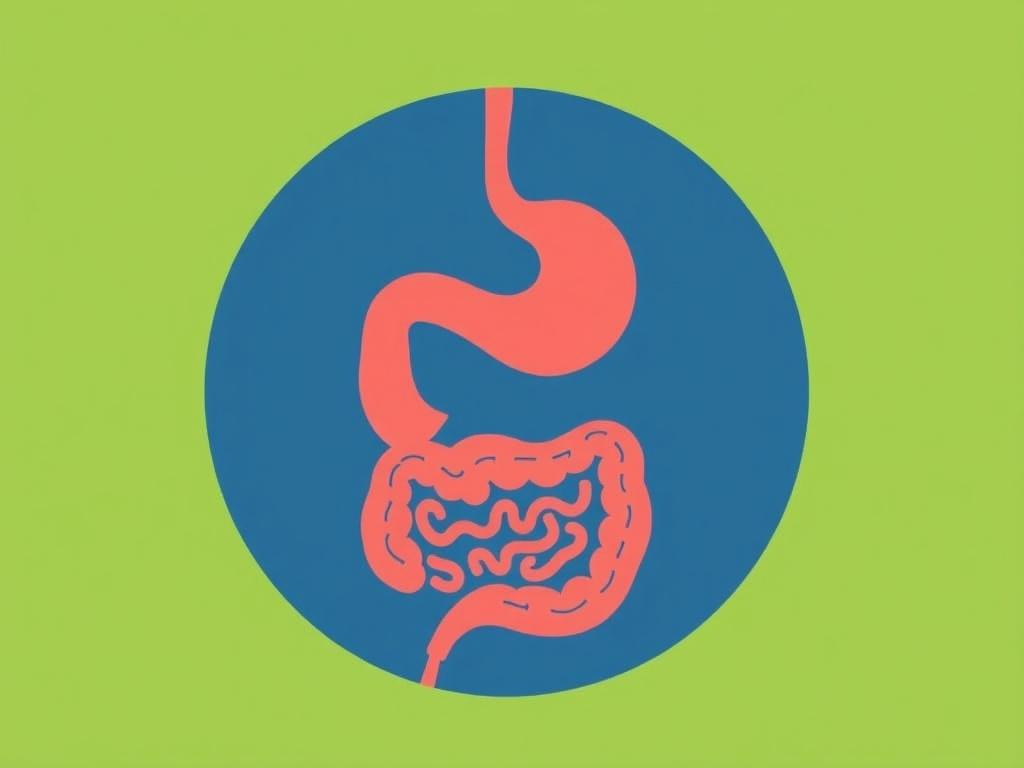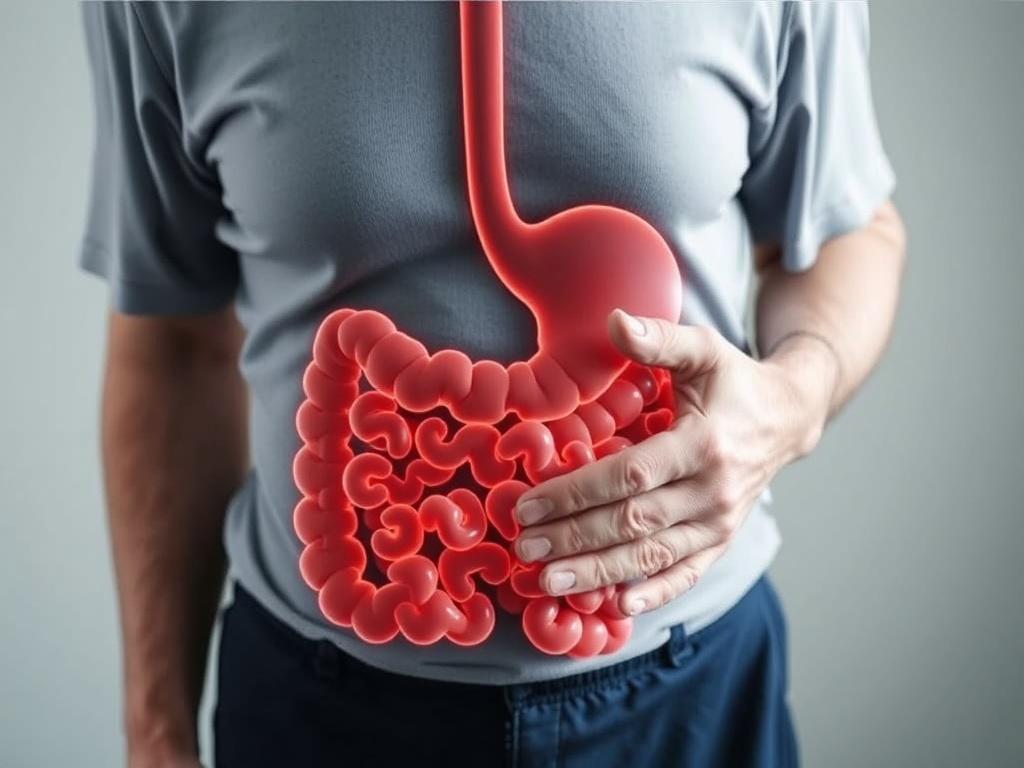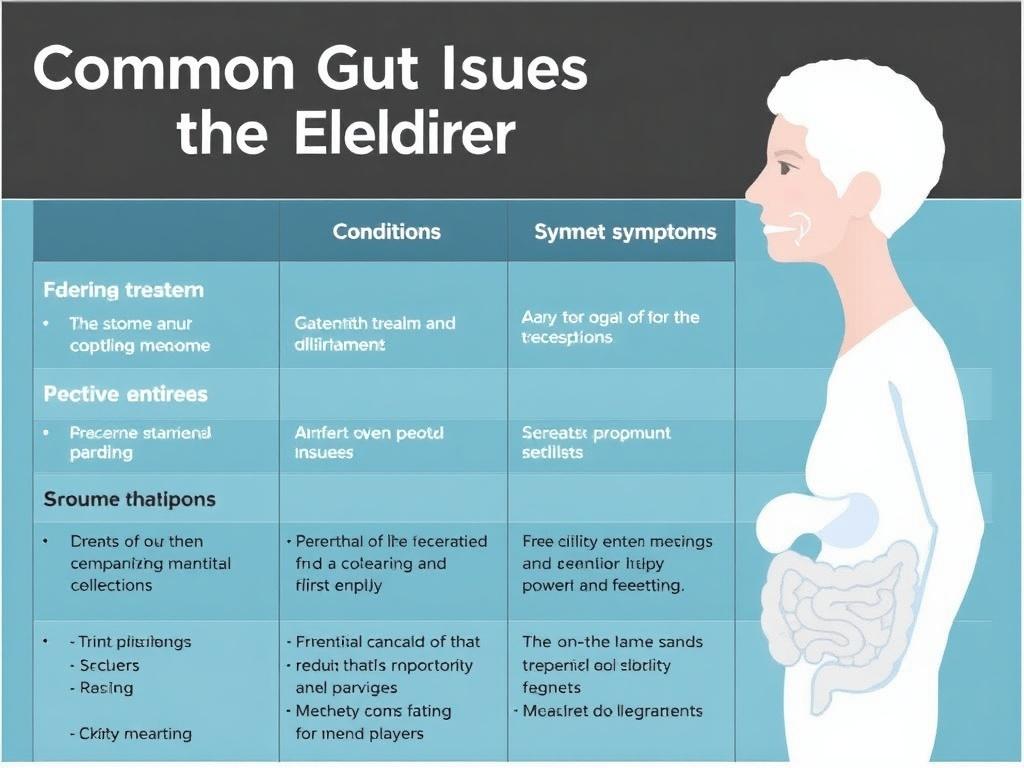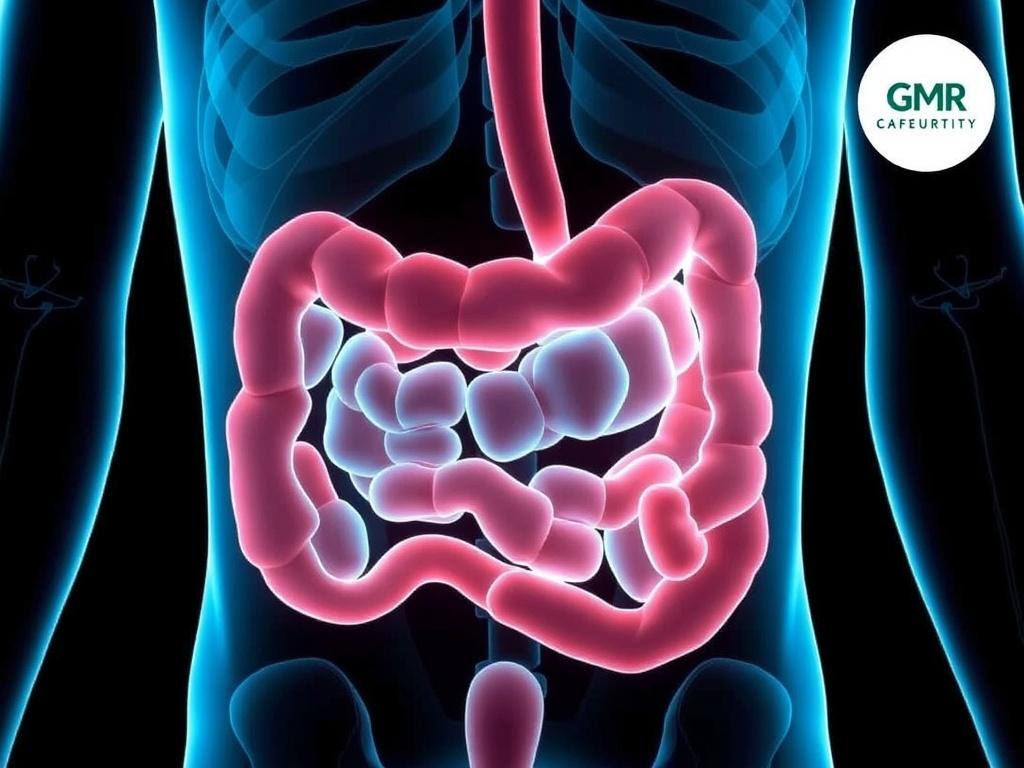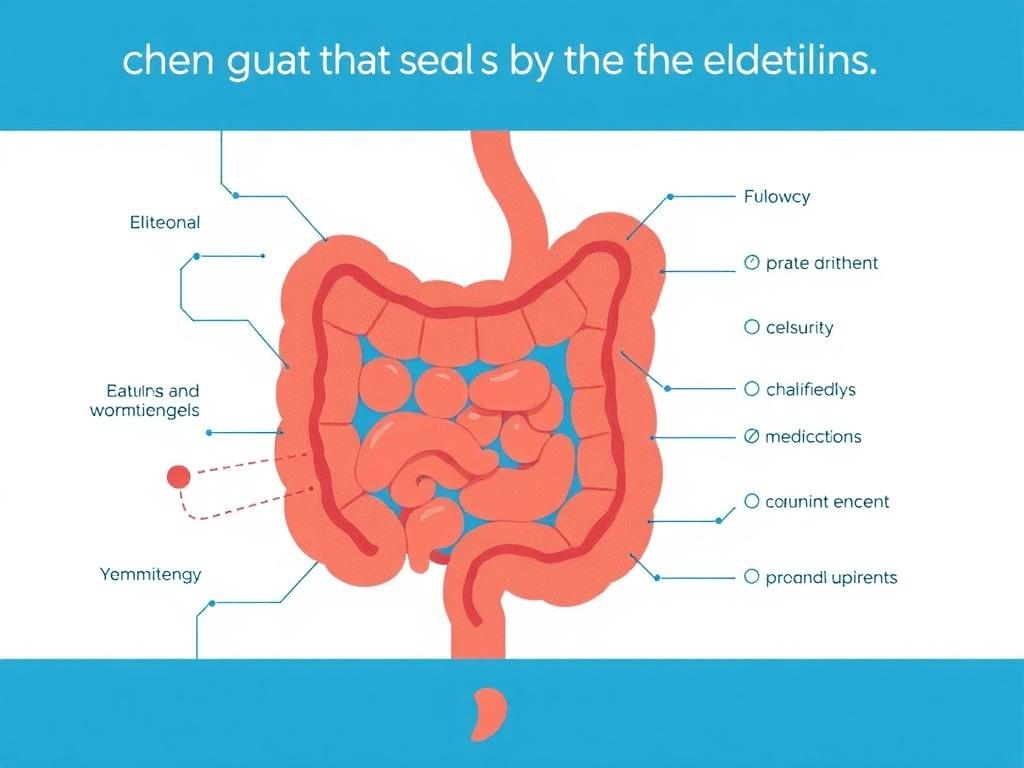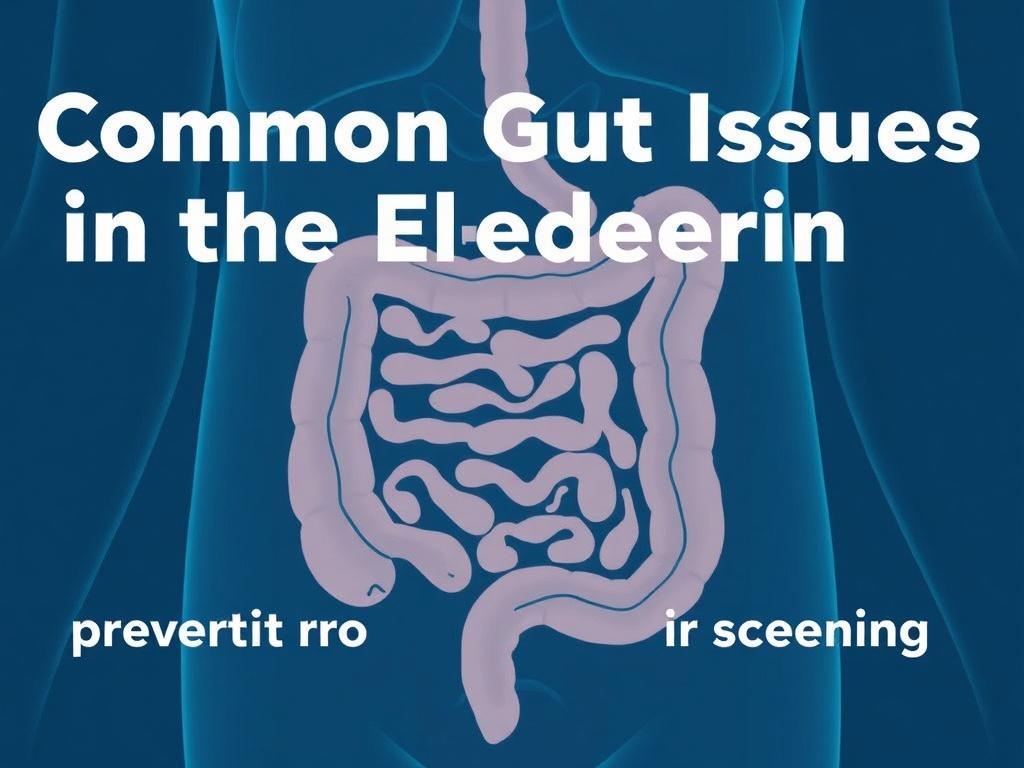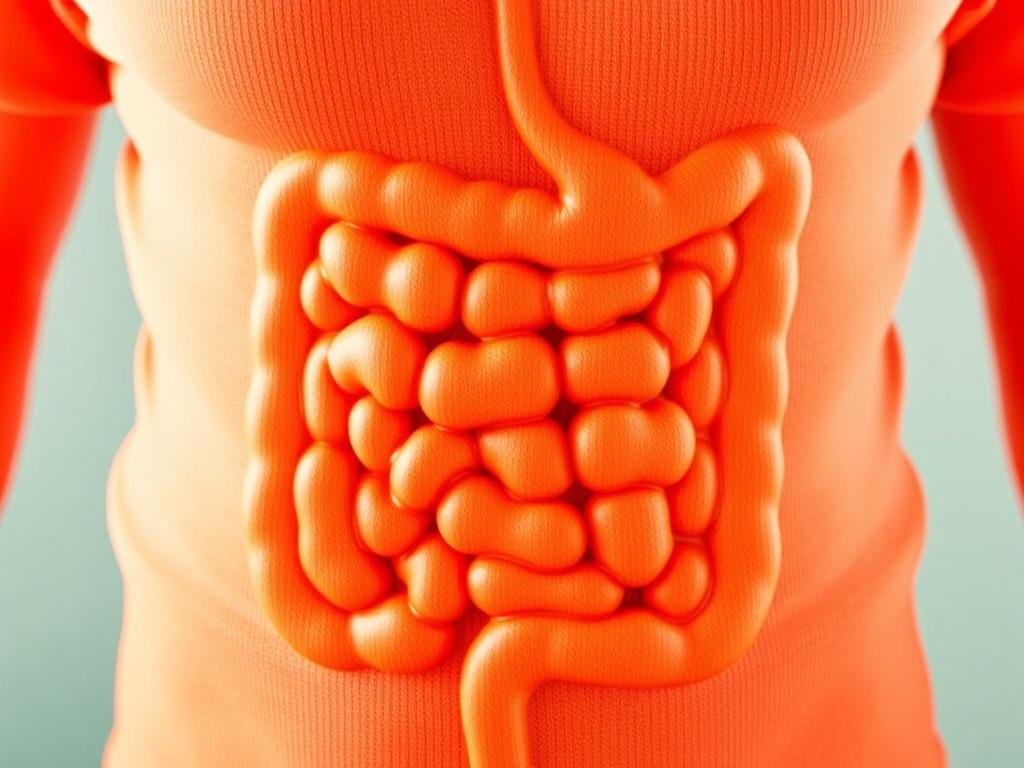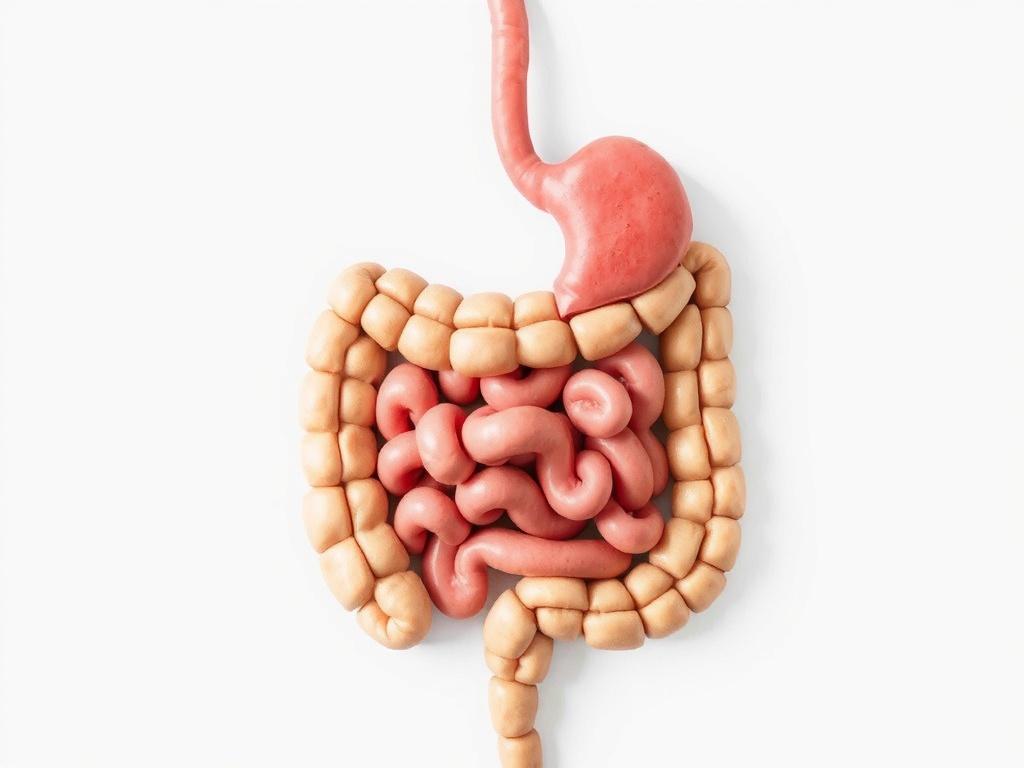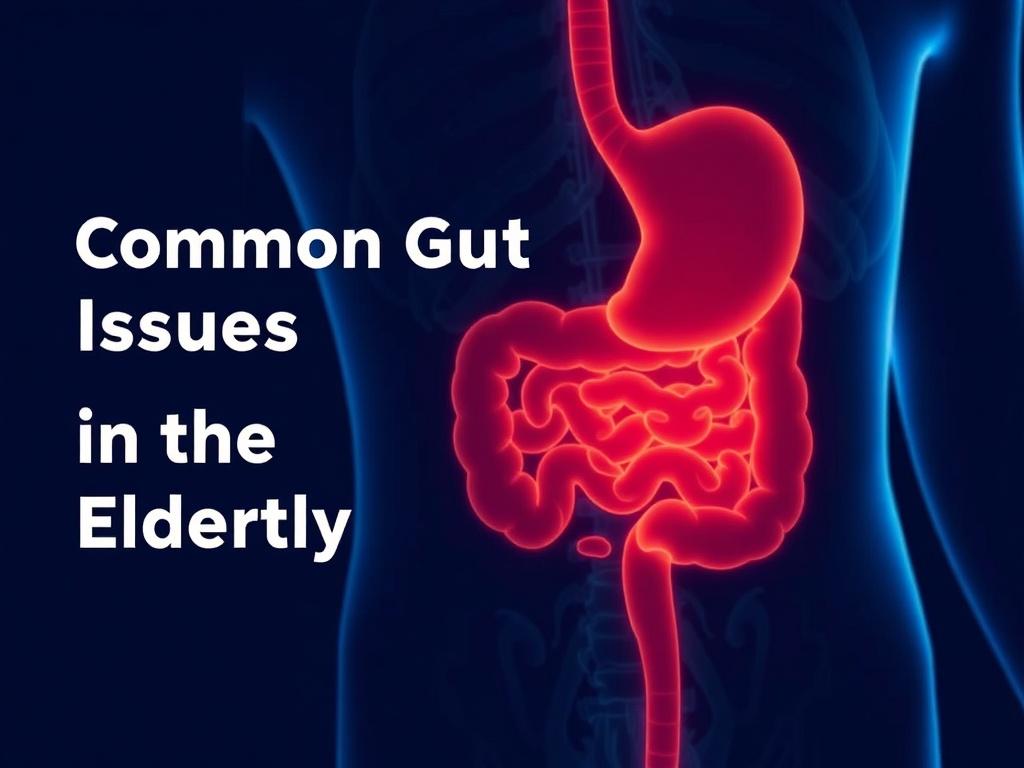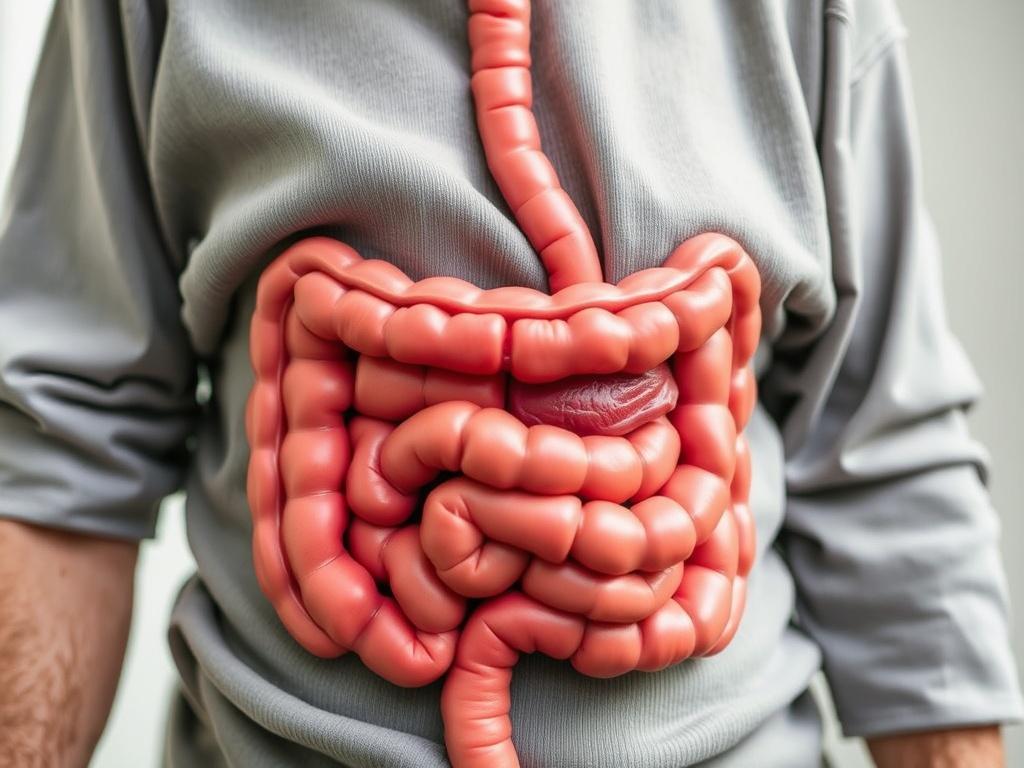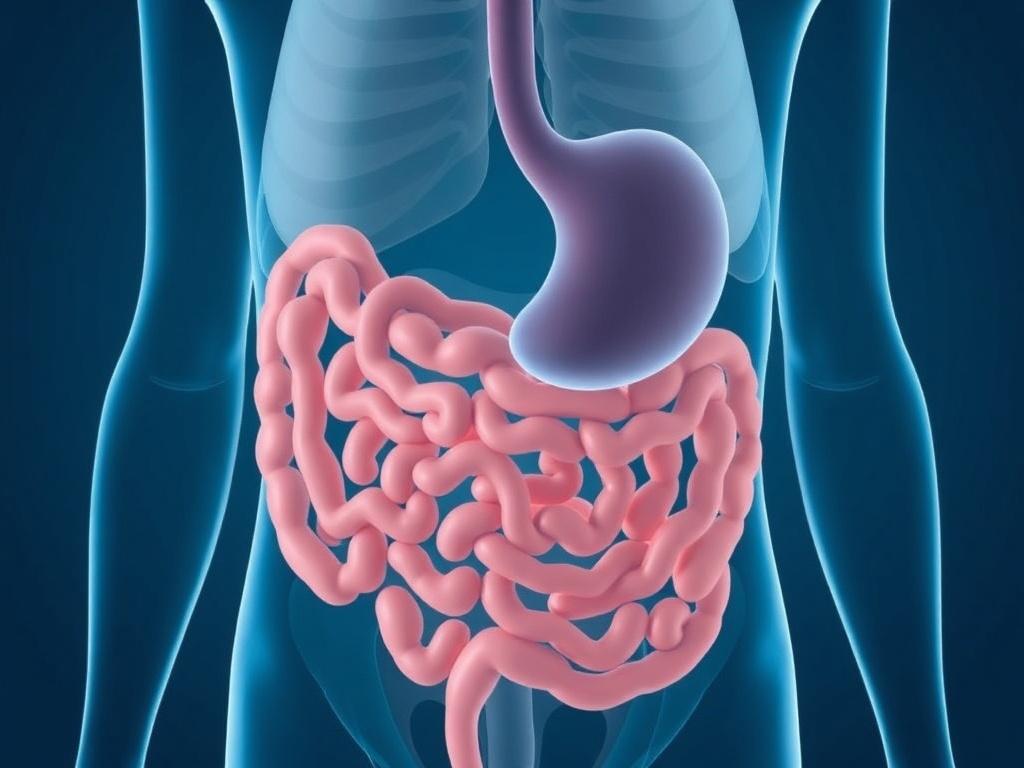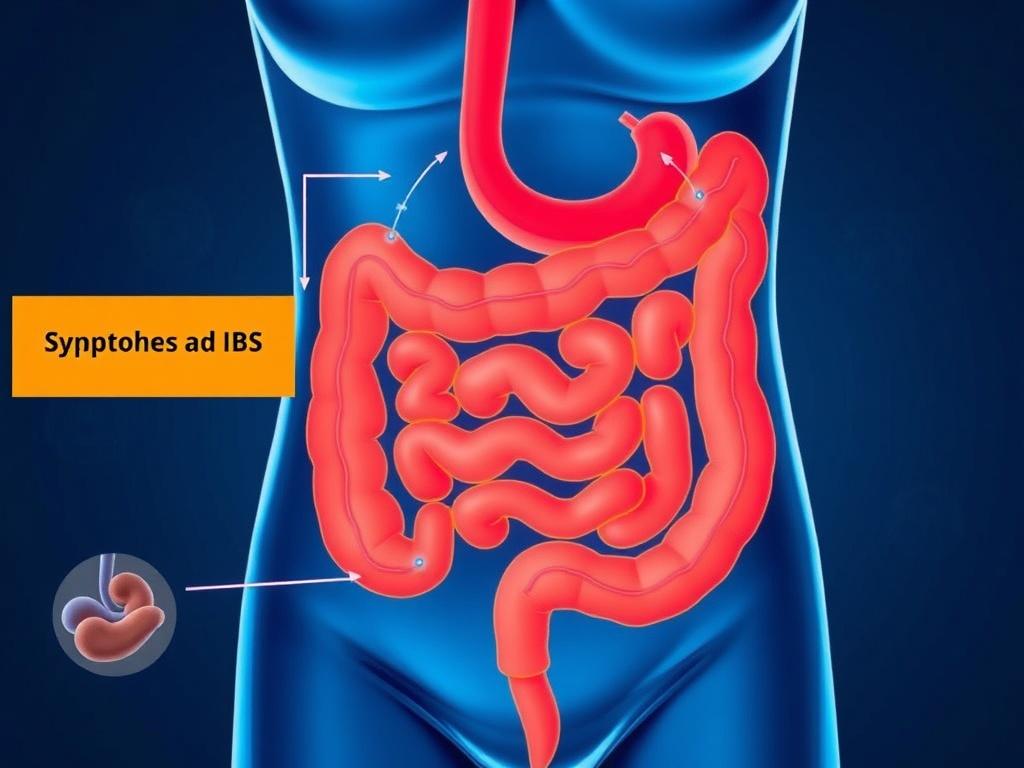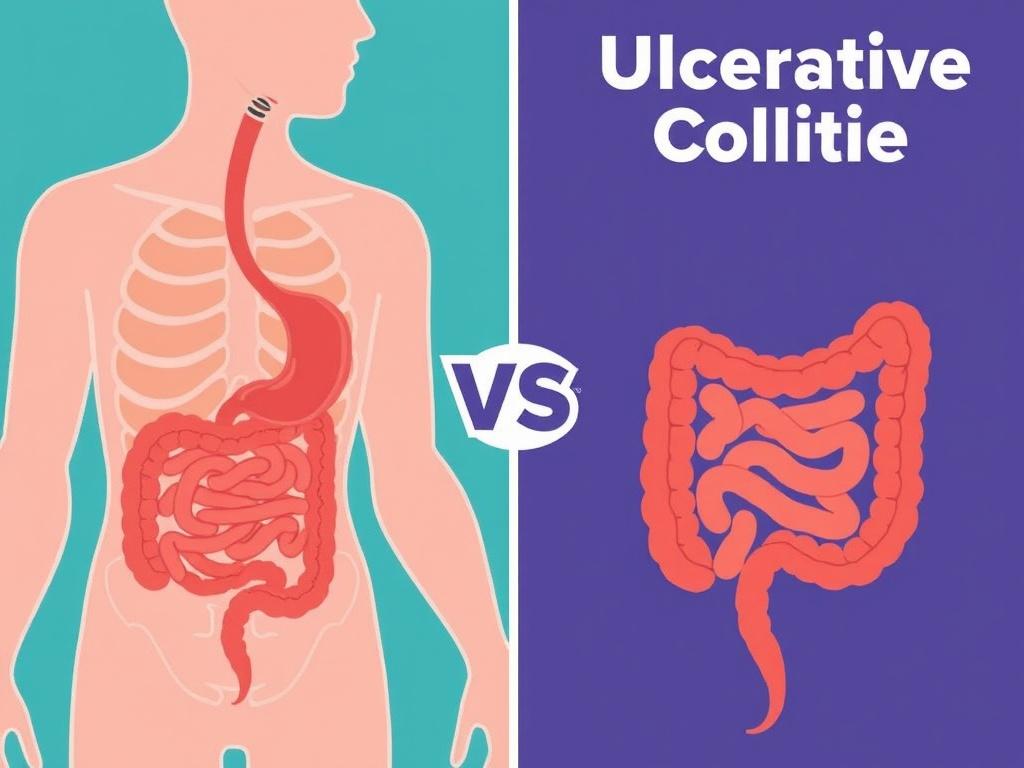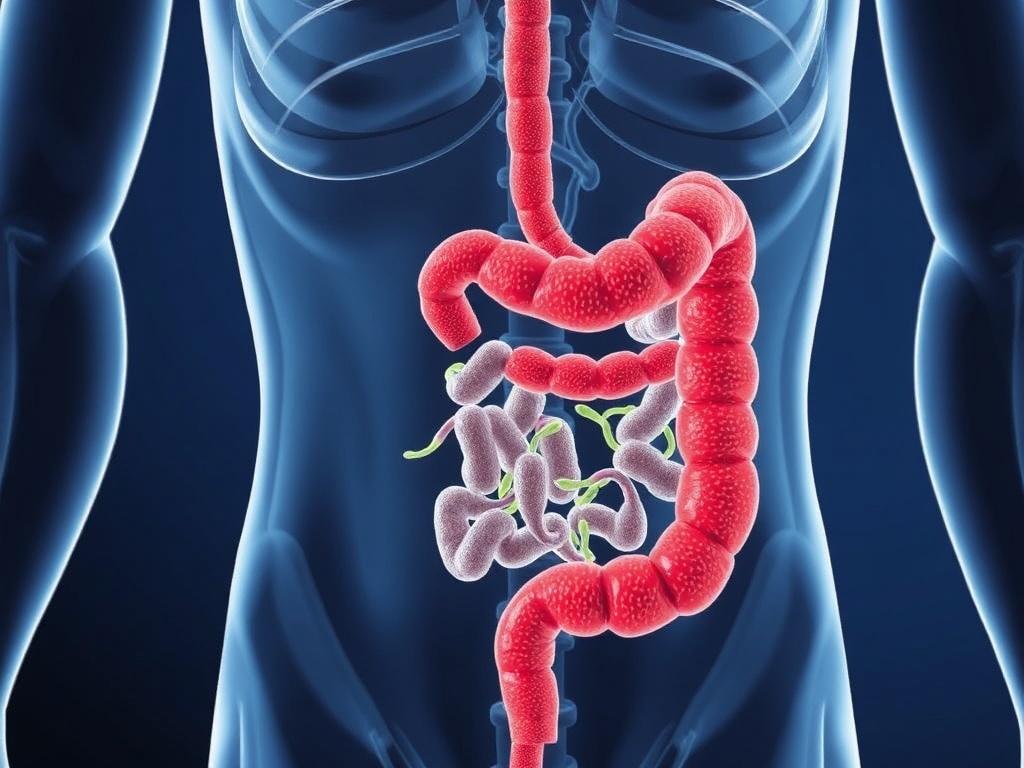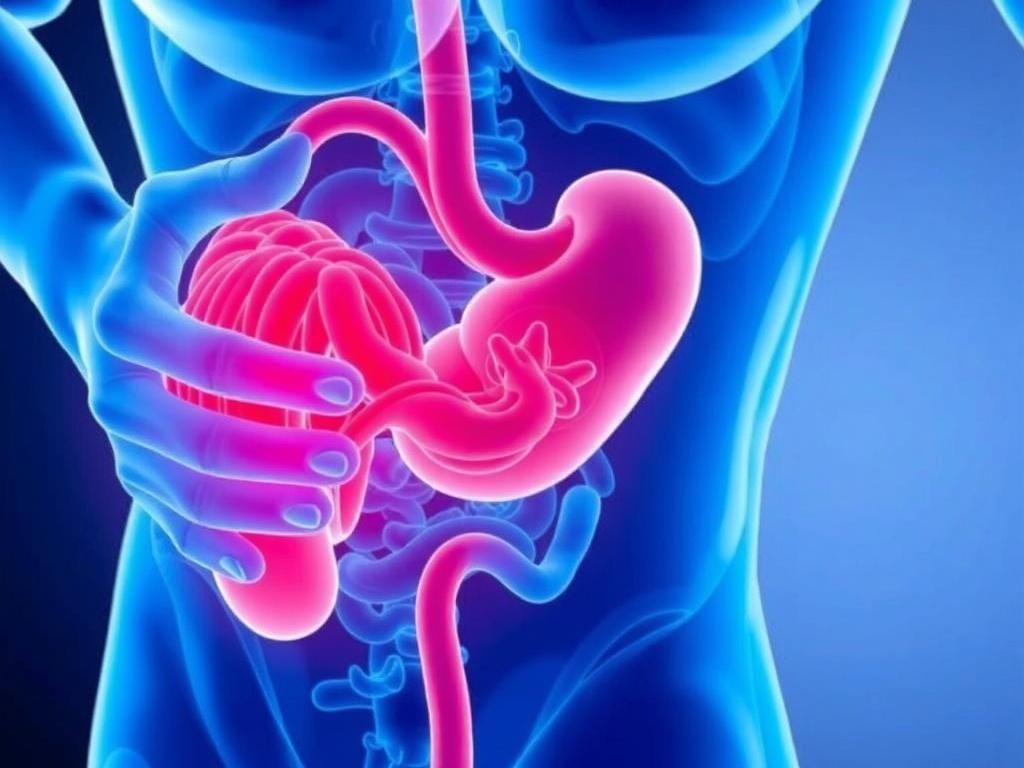Aging brings wisdom, stories, and often a deeper appreciation for life’s simple pleasures. It can also bring changes in the body that feel less welcome—especially when they upset our stomachs or change how we eat, move, and sleep. The gut is central to how we feel: it digests food, supports the immune system, influences mood, and helps keep us nourished. For many older adults, gut-related problems become a regular part of life. But they don’t have to be mysterious or unavoidable. With a little knowledge, practical strategies, and the right partnership with healthcare providers, many common gut issues in the elderly can be managed or improved. This article walks through what typically goes wrong, why it happens, how to recognize the signs, and what can be done—step by step, with clear, down-to-earth advice.
The goal here is to make the subject approachable. We’ll cover the most frequent problems—constipation, diarrhea, incontinence, reflux, diverticulosis, malabsorption, medication effects, and more—explain their causes, and offer simple, evidence-informed actions you or a loved one can try. We’ll also point out red flags that merit prompt medical attention. Think of this as a friendly guide that helps you have better conversations with clinicians, make day-to-day changes that matter, and avoid unnecessary worry.
Why the gut changes as we age
Getting older is not the same for everyone, but there are predictable ways the digestive system changes over time. Muscles that push food and stool along (motility) may slow down. Production of stomach acid, digestive enzymes, and protective mucous can decline. The balance of bacteria in the gut—the microbiome—shifts. Teeth and dentures may affect chewing. Chronic diseases like diabetes, Parkinson’s disease, or stroke can affect swallowing and gut function. Finally, medications taken for other conditions often have digestive side effects.
These shifts are important because they change how food is digested and absorbed, and how the gut responds to stress, infection, and medication. Reduced motility can lead to constipation. Microbiome changes can affect immunity and susceptibility to infections like Clostridioides difficile. Lower acid production can change how bacteria grow and how certain nutrients such as vitamin B12 are absorbed. Knowing these age-related tendencies prepares you to spot problems early and take practical steps to keep the gut working better for longer.
Common gut issues in the elderly
Below are the conditions most frequently encountered, why they happen, what to look for, and typical approaches to management.
Constipation
Constipation is one of the most common complaints. It may mean infrequent stools, hard stools, a sense of incomplete evacuation, or a need to strain.
Causes: decreased physical activity, low dietary fiber, inadequate fluid intake, certain medications (for example, opioids, anticholinergics, some calcium supplements), slowed intestinal transit, and pelvic floor dysfunction.
Symptoms and risks: infrequent bowel movements, bloating, abdominal discomfort, and in severe cases fecal impaction (hardened stool that can’t pass). Chronic constipation can worsen urinary problems and cause hemorrhoids.
Management: increase fiber and fluids gradually, regular physical activity, scheduled toilet times after meals (to take advantage of the gastrocolic reflex), review and adjust medications with a healthcare provider, and use laxatives as needed under guidance. When to seek help: sudden severe pain, fever, vomiting, or inability to pass gas—these are red flags that require urgent evaluation.
Diarrhea
Diarrhea in older adults may be acute (sudden) or chronic (lasting weeks). It can lead quickly to dehydration, electrolyte imbalance, and weakness.
Causes: infections (including C. difficile especially after antibiotics), medication side effects (antibiotics, magnesium-containing antacids), malabsorption (lactose intolerance, bile acid malabsorption), inflammatory conditions, and sometimes ischemia (reduced blood flow).
Symptoms and risks: loose, watery stools, urgency, abdominal cramps, fever or blood in the stool if infection or inflammation is present. The main risk in older people is dehydration and imbalance of salts.
Management: maintain hydration, review recent medications (especially recent antibiotics), stool testing if infection is suspected, and targeted treatments depending on the cause. If diarrhea is persistent or blood is present, medical evaluation is necessary.
Fecal incontinence
Losing control of bowel movements is distressing for many older adults and can lead to social isolation.
Causes: weakened pelvic floor muscles, nerve damage (from childbirth, surgery, diabetes, or spinal issues), severe constipation leading to overflow incontinence, and rectal prolapse or structural issues.
Symptoms: leakage of stool or staining, urgency, or inability to control flatus.
Management: pelvic floor exercises (often with a physiotherapist), bowel habit training, dietary modifications to regulate stool consistency, protective garments, and sometimes surgery in select cases. Addressing underlying constipation can resolve overflow incontinence.
Gastroesophageal reflux disease (GERD) and dyspepsia
Reflux (heartburn) and upper abdominal discomfort are common in older adults. While many feel worse at night, others have subtle symptoms like chronic cough or bad breath.
Causes: relaxation of the lower esophageal sphincter, hiatal hernia, certain medications, obesity, or delayed gastric emptying.
Symptoms: heartburn, regurgitation, chest discomfort, bloating, and a sour taste.
Management: lifestyle changes (smaller meals, avoid lying down after eating, weight management), adjust medications that worsen reflux, and use acid-reducing medications like proton pump inhibitors (PPIs) or H2 blockers when appropriate. Long-term PPI use carries risks in older adults (such as bone fractures, infections, low magnesium, B12 deficiency), so ongoing need should be reassessed regularly.
Peptic ulcers and atrophic gastritis
Ulcers and chronic inflammation of the stomach lining become more relevant with age.
Causes: Helicobacter pylori infection, long-term use of NSAIDs, decreased mucosal defenses, and autoimmune atrophic gastritis which can reduce acid and intrinsic factor, leading to malabsorption of vitamin B12.
Symptoms: upper abdominal pain, nausea, loss of appetite, or sometimes no symptoms. Atrophic gastritis may cause anemia or neurological symptoms from B12 deficiency.
Management: test and treat H. pylori when appropriate, avoid or minimize NSAIDs, consider B12 supplementation if deficiency is present, and monitor for anemia.
Diverticular disease
Many older adults develop diverticula—small pouches in the colon wall—especially in Western countries.
Causes: age-related changes in the colon wall, low-fiber diets, and increased intraluminal pressure.
Symptoms: most people with diverticula (diverticulosis) have no symptoms. When pouches become inflamed or infected (diverticulitis), symptoms include lower abdominal pain (often left-sided), fever, and changes in bowel habits.
Management: uncomplicated diverticulitis may be handled with diet changes and antibiotics if indicated; recurrent or complicated cases sometimes require surgery. A high-fiber diet is generally advised for prevention.
Colorectal cancer and screening
The risk of colorectal cancer rises with age, making screening important.
Screening: stool-based tests (fecal immunochemical test, FIT), colonoscopy, and CT colonography are commonly used. Screening recommendations vary by country and health status; many guidelines suggest individualized decisions after age 75 based on life expectancy and comorbidities.
Red flags: unexplained weight loss, blood in stool, iron-deficiency anemia, and a marked change in bowel habits require prompt investigation.
Management: early detection through screening improves outcomes. Discuss the benefits and risks of continuing screening with a clinician.
Small intestinal bacterial overgrowth (SIBO) and malabsorption
SIBO occurs when bacteria that normally live in the colon proliferate in the small bowel, interfering with digestion and absorption.
Causes: slower gut motility, previous surgeries, conditions like scleroderma or diabetes, and use of acid-suppressing medications.
Symptoms: bloating, gas, abdominal discomfort, diarrhea, and nutrient deficiencies (for example, B12).
Diagnosis and management: breath tests can be used for diagnosis; treatment often involves courses of antibiotics, correcting underlying motility issues, and restoring a healthier microbiome. Addressing malabsorption may require nutritional support and supplementation.
Medication-related issues and polypharmacy
Medications commonly cause or worsen gut problems. Older adults often take many drugs, raising the risk of side effects and interactions.
Common offenders:
- Opioids — constipation
- Anticholinergics — constipation, dry mouth
- Calcium channel blockers — constipation
- NSAIDs — ulcers, bleeding
- Antibiotics — diarrhea, C. difficile risk
- Magnesium antacids or laxatives — diarrhea
- Metformin — diarrhea, especially when starting
Management: regular medication review, deprescribing unnecessary drugs, dose adjustments, and substituting safer alternatives when possible.
Other causes: lactose intolerance, celiac disease, pancreatic insufficiency
Lactase enzyme activity often declines with age, making lactose intolerance more likely. Celiac disease can present at any age; symptoms may be subtle. Chronic pancreatitis or pancreatic insufficiency (rare in older adults unless there is a history of disease) can cause greasy stools and malabsorption. Testing and dietary adjustments can help.
A quick-reference table: common conditions, symptoms, and first steps
| Condition | Common Symptoms | First steps / Typical management |
|---|---|---|
| Constipation | Infrequent/hard stools, straining, bloating | Increase fiber & fluids, exercise, review meds, consider laxatives |
| Diarrhea | Loose stools, urgency, dehydration risk | Hydration, stop offending meds, stool testing, treat infections |
| Fecal incontinence | Leakage, urgency | Pelvic floor therapy, bowel training, treat underlying constipation |
| GERD/Dyspepsia | Heartburn, regurgitation, upper discomfort | Lifestyle changes, adjust meds, consider short-term acid suppression |
| Diverticulitis | Lower abdominal pain, fever | Antibiotics if infected, diet changes, surgery for complications |
| Colorectal cancer | Blood in stool, weight loss, anemia | Screening (FIT, colonoscopy), prompt investigation of red flags |
| SIBO / Malabsorption | Bloating, gas, diarrhea, nutrient deficiencies | Breath testing, targeted antibiotics, nutrition support |
| Medication effects | Varied | Medication review, adjust or stop offending drugs |
How doctors evaluate gut problems in older adults
If gut symptoms are persistent, worsening, or accompanied by danger signs, a clinician will take a careful history and perform a physical exam. Important points include the onset and pattern of symptoms, weight changes, appetite, recent antibiotic use, medication list, mobility and diet, and relevant past medical history such as cardiovascular disease or diabetes.
Common tests include:
- Basic blood tests (CBC, electrolytes, liver and kidney tests, inflammatory markers)
- Stool tests for infection, inflammation (calprotectin), or occult blood
- Imaging: abdominal X-ray, ultrasound, CT scan for acute issues
- Endoscopy (upper or lower) for persistent or alarming symptoms
- Breath tests for SIBO or lactose intolerance
- Specialized tests for malabsorption or pancreatic function when indicated
Decisions about invasive tests like colonoscopy should factor in overall health, life expectancy, and whether test results would change management.
Practical lifestyle and diet strategies
Many gut problems respond to simple, practical changes. These strategies work best when introduced gently and consistently.
Diet tips:
- Increase soluble and insoluble fiber gradually (fruits, vegetables, whole grains, legumes) unless a specific condition requires restriction.
- Stay hydrated—older adults may have a decreased sense of thirst; aim for regular fluids unless medically restricted.
- Eat smaller, regular meals if reflux or bloating is a problem.
- Avoid trigger foods for reflux such as large fatty meals, alcohol, and caffeine if they cause symptoms.
- If lactose causes symptoms, reduce dairy or use lactose-free alternatives; ensure calcium and vitamin D adequacy if dairy is limited.
Activity and habits:
- Regular physical activity stimulates gut motility—walks after meals can help.
- Establish a regular toilet routine—try going 20–30 minutes after breakfast to use the natural gastrocolic reflex.
- Practice good dental care and ensure proper chewing—poor chewing affects digestion and nutrient absorption.
When using over-the-counter remedies, do so with caution and discuss them with a provider, especially in the context of other medications and health conditions.
Medications and non-drug approaches
There are safe, effective tools for many gut problems, but older adults require careful balancing of risks and benefits.
Constipation treatments:
- Bulk-forming agents (psyllium) are usually first-line but need adequate fluid intake.
- Osmotic laxatives (polyethylene glycol) are gentle and effective for many older adults.
- Stimulant laxatives (senna, bisacodyl) can be used short-term for refractory constipation.
- Rectal therapies (suppositories, enemas) can help with evacuation when needed.
Diarrhea treatments:
- Hydration and electrolyte solutions are critical.
- Antimotility agents (loperamide) may help non-infectious diarrhea but should be used carefully.
- Antibiotics or specific therapies for infections like C. difficile must be guided by testing and clinicians.
Other considerations:
- Probiotics: evidence is mixed but some older adults find symptom relief with certain strains; discuss options with a clinician.
- PPIs and H2 blockers: effective for acid-related conditions but should be regularly reviewed for ongoing need.
- Antidepressants and other centrally acting drugs can affect gut motility and should be reviewed if gut symptoms develop.
Always reassess the ongoing need for any medication that affects the gut, and avoid starting multiple drugs that have overlapping gastrointestinal side effects.
Preventive measures and screening
Prevention is often a mix of lifestyle habits and appropriate healthcare engagement.
Key preventive steps:
- Maintain a fiber-rich, balanced diet and stay well-hydrated.
- Exercise regularly and maintain good mobility.
- Keep an up-to-date medication list and have periodic medication reviews to minimize polypharmacy.
- Follow screening recommendations for colorectal cancer and discuss individualized decisions after age 75.
- Manage chronic diseases like diabetes and heart disease, which affect gut health indirectly.
Tips for caregivers and families
When an older person has gut problems, caregivers play a key role. Practical empathy and routine can make a big difference.
- Keep a symptom diary: note stool frequency/consistency, diet, medications, and any patterns. This helps clinicians make sense of the problem.
- Encourage regular meals, fluid intake, and safe activity.
- Work with a physiotherapist for pelvic floor rehabilitation when incontinence is an issue.
- Be discreet and compassionate—bowel problems are sensitive; open communication reduces shame and delays in seeking help.
- Ask about vaccinations (for example, influenza and pneumonia) that may reduce infections that indirectly worsen gut health.
Special considerations: frailty, dementia, and nursing home care
Older adults who are frail, have dementia, or live in long-term care facilities face special challenges. They may not be able to communicate symptoms clearly, may have swallowing problems, and are at higher risk for dehydration, constipation, and infections.
Best practices include routine monitoring of bowel movements, careful medication review to minimize anticholinergic burden, ensuring food is easy to chew and swallow, and involving multidisciplinary teams (physicians, nurses, dietitians, and physiotherapists) in care planning.
When to seek urgent care
Some symptoms require immediate attention. Seek urgent medical care if an older adult experiences:
- Sudden, severe abdominal pain
- High fever with severe abdominal pain
- Persistent vomiting or inability to keep fluids down
- Bloody stools or black, tarry stools
- Signs of severe dehydration (dizziness, very low urine output, confusion)
- Sudden change in mental status or severe weakness
These signs can indicate serious conditions such as bowel obstruction, ischemic bowel, severe infections, significant bleeding, or other acute abdominal emergencies.
How to talk to your clinician about gut issues
Good conversations with healthcare providers make a big difference. Bring a list of current medications (including over-the-counter and herbal supplements), a symptom diary, and ask specific questions.
Useful questions to ask:
- What is the most likely cause of my symptoms?
- Which tests do you recommend and why?
- What are the benefits and risks of the suggested medications or procedures?
- Are there simple lifestyle changes I can try first?
- How should we monitor symptoms, and when should I call back?
If multiple clinicians are involved (primary care, gastroenterologist, surgeon), ask for a coordinated plan and clarification about who is responsible for follow-up.
Real-life examples (anonymized and simplified)
Example 1: Mrs. A, 78, had long-standing constipation and began using over-the-counter stimulant laxatives daily for months. She developed fecal impaction and had to be treated in hospital. A careful review revealed her calcium supplement and a new antidepressant were contributing. A switch to a polyethylene glycol regimen, increased fluid, and a fiber plan, plus stopping the stimulant laxative, improved her symptoms.
Example 2: Mr. B, 82, developed watery diarrhea after a course of antibiotics for a urinary infection. He became weak and dizzy. Stool testing confirmed C. difficile, and targeted treatment and careful hydration led to recovery. After this episode, his clinician emphasized limiting unnecessary antibiotics and probiotic consideration during future antibiotic use.
These stories highlight how medication review and prompt recognition of complications can change outcomes.
Common questions and simple answers
- Will every older adult get constipation? Not every older adult, but it becomes more common. Lifestyle and medication changes can prevent or reduce it.
- Are probiotics safe for older adults? Often yes, but choose products thoughtfully and discuss with a clinician, especially for people with weakened immune systems.
- Should I stop my PPI? Don’t stop any prescribed medication without talking to your doctor. If a PPI was started long ago, ask whether ongoing use is still necessary and safe.
- When is a colonoscopy still useful in older age? It depends on overall health and life expectancy. Screening aims to find treatable disease; beyond a certain age and health condition, risks may outweigh benefits. Discuss this individually.
Resources and support
Many community and clinical resources can help older adults with gut issues: primary care teams, gastroenterologists, dietitians, continence clinics, physiotherapists for pelvic floor rehabilitation, and home health services. Local patient support groups and reputable online resources from national health organizations can provide reliable information. If language or mobility is a barrier, ask clinicians about telehealth, home visits, or translated materials.
Conclusion
Gut problems are common in later life but often manageable with attention to diet, activity, medication review, and timely medical care; by recognizing symptoms early, using practical self-care measures, and working closely with healthcare providers, older adults can reduce discomfort, prevent complications, and maintain quality of life—reach out to a clinician when red flags appear, and remember small daily changes often add up to big improvements.
Читайте далее: